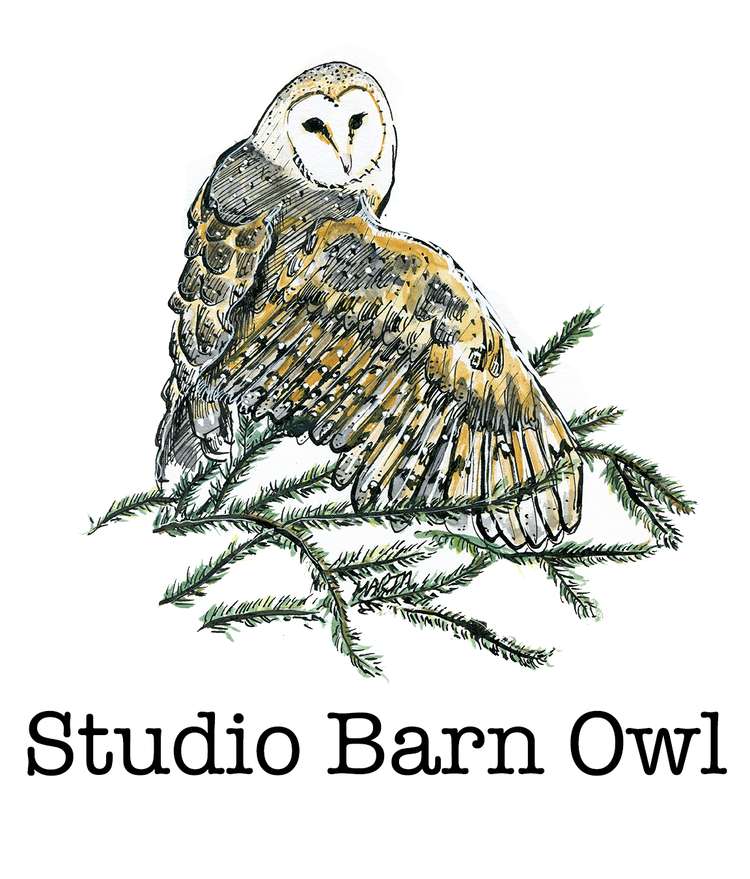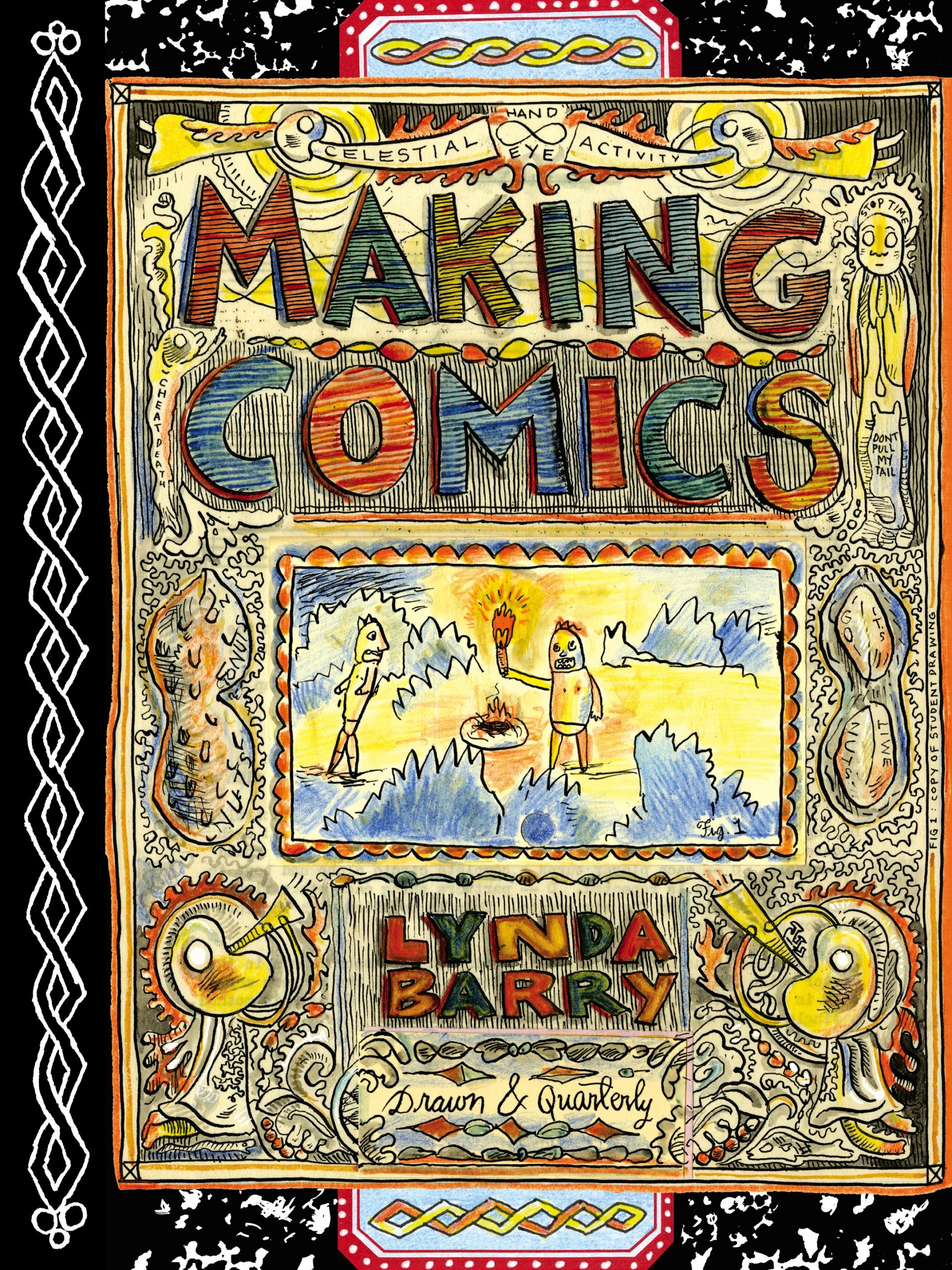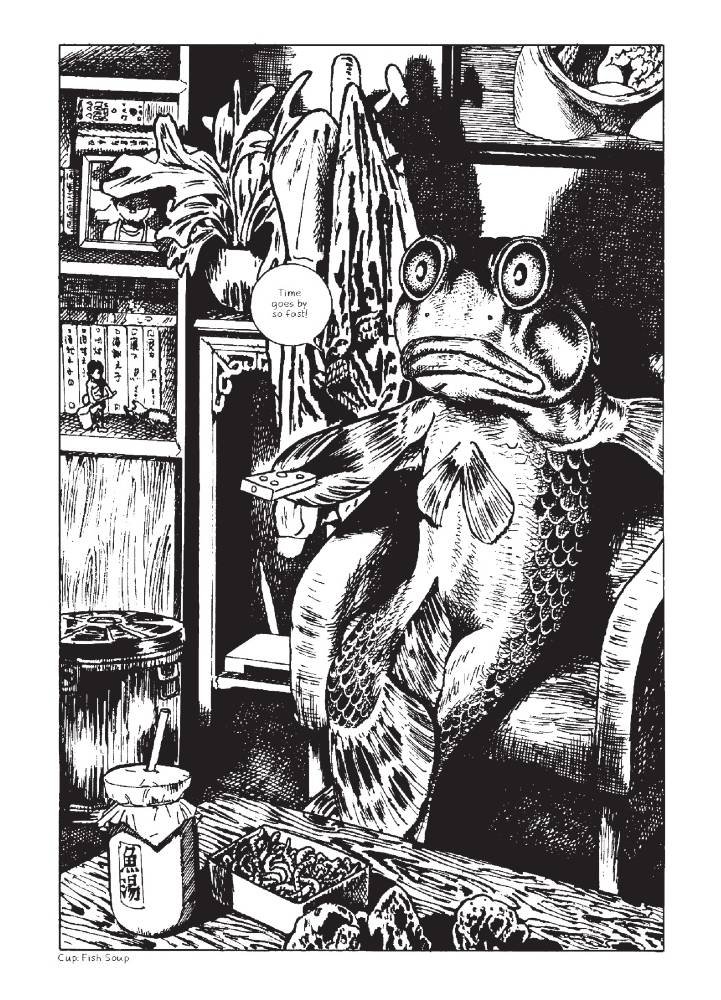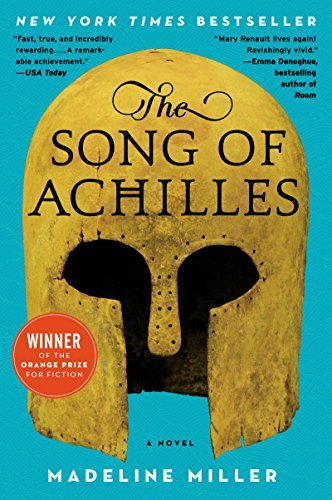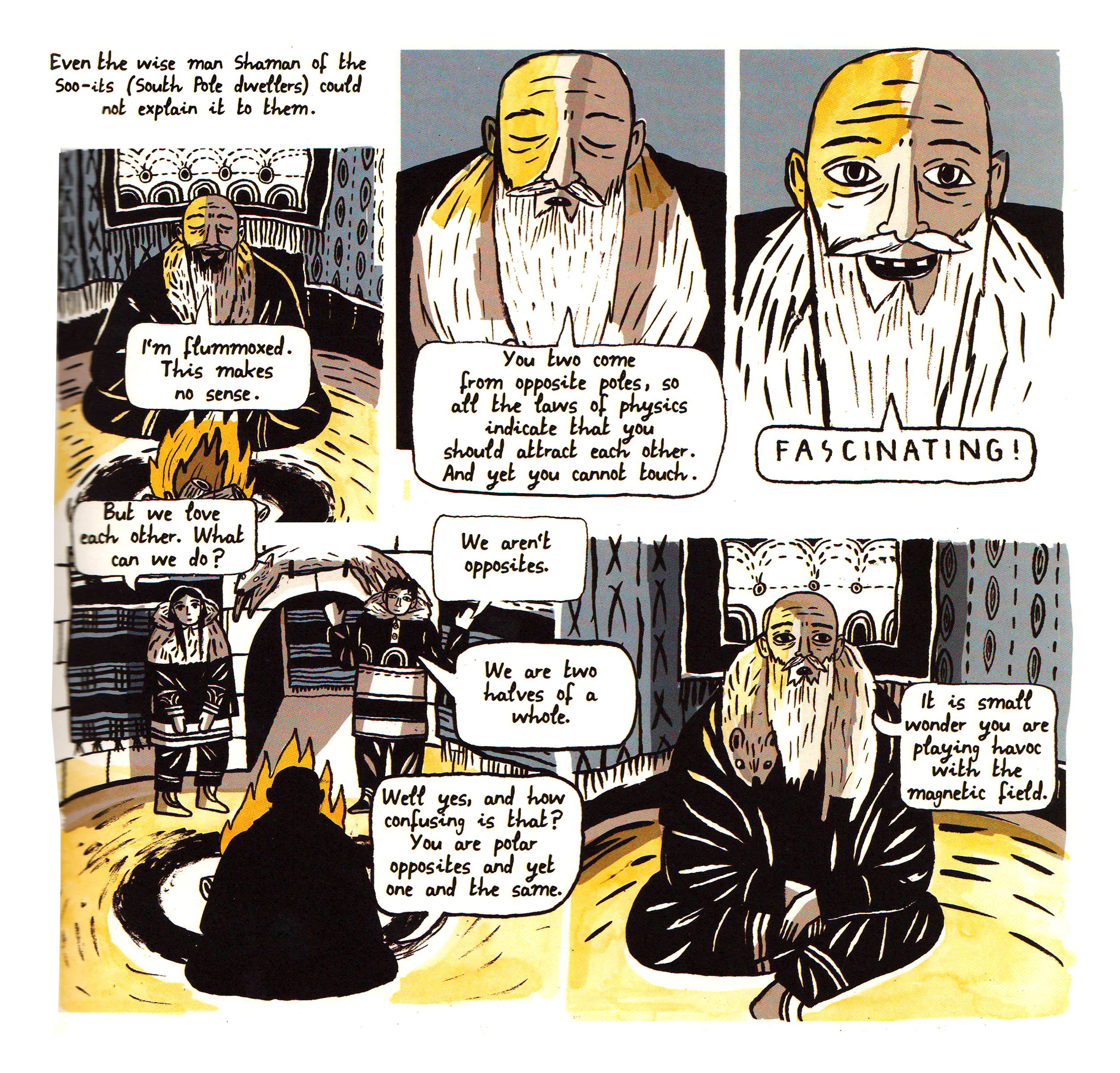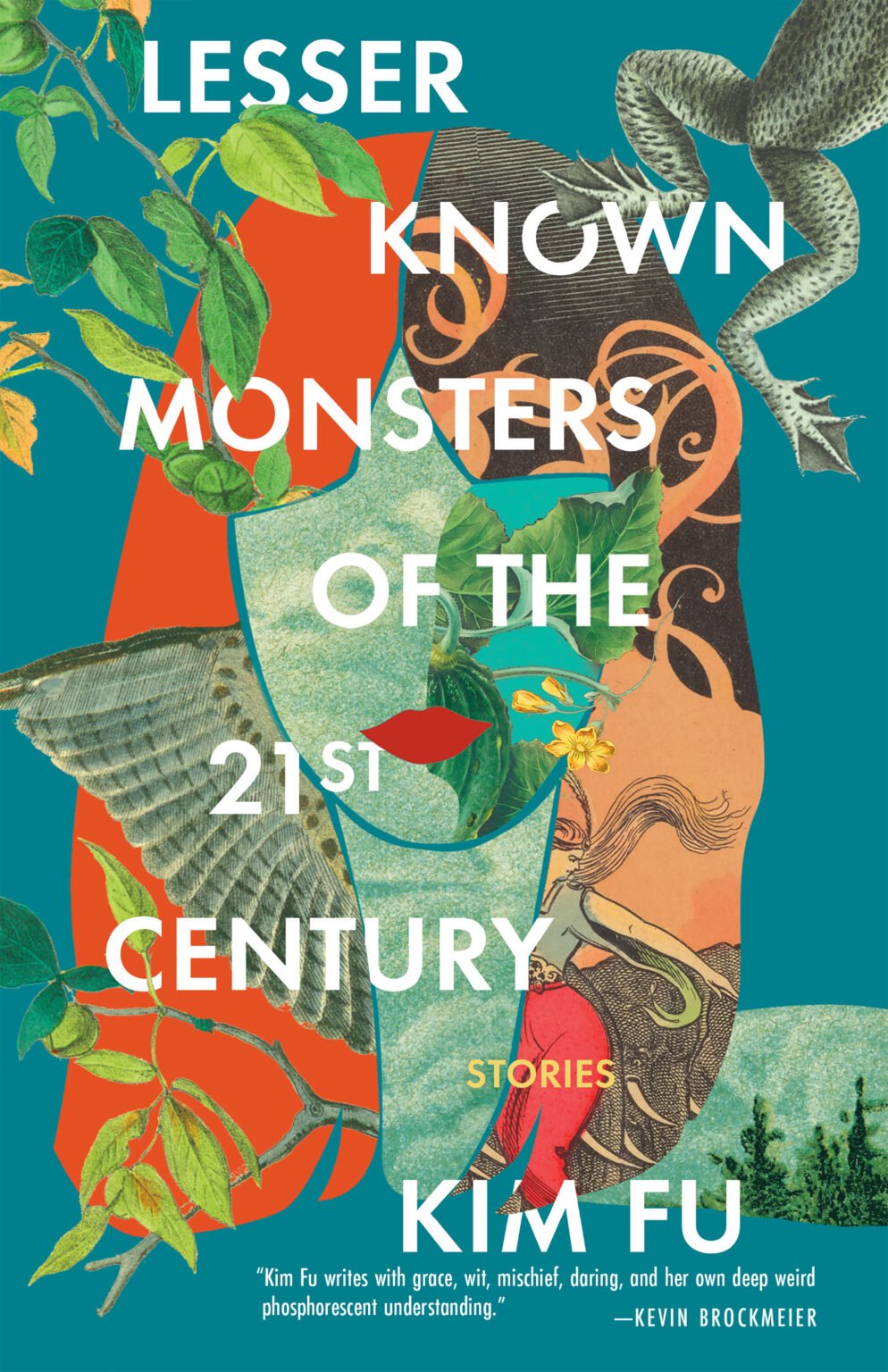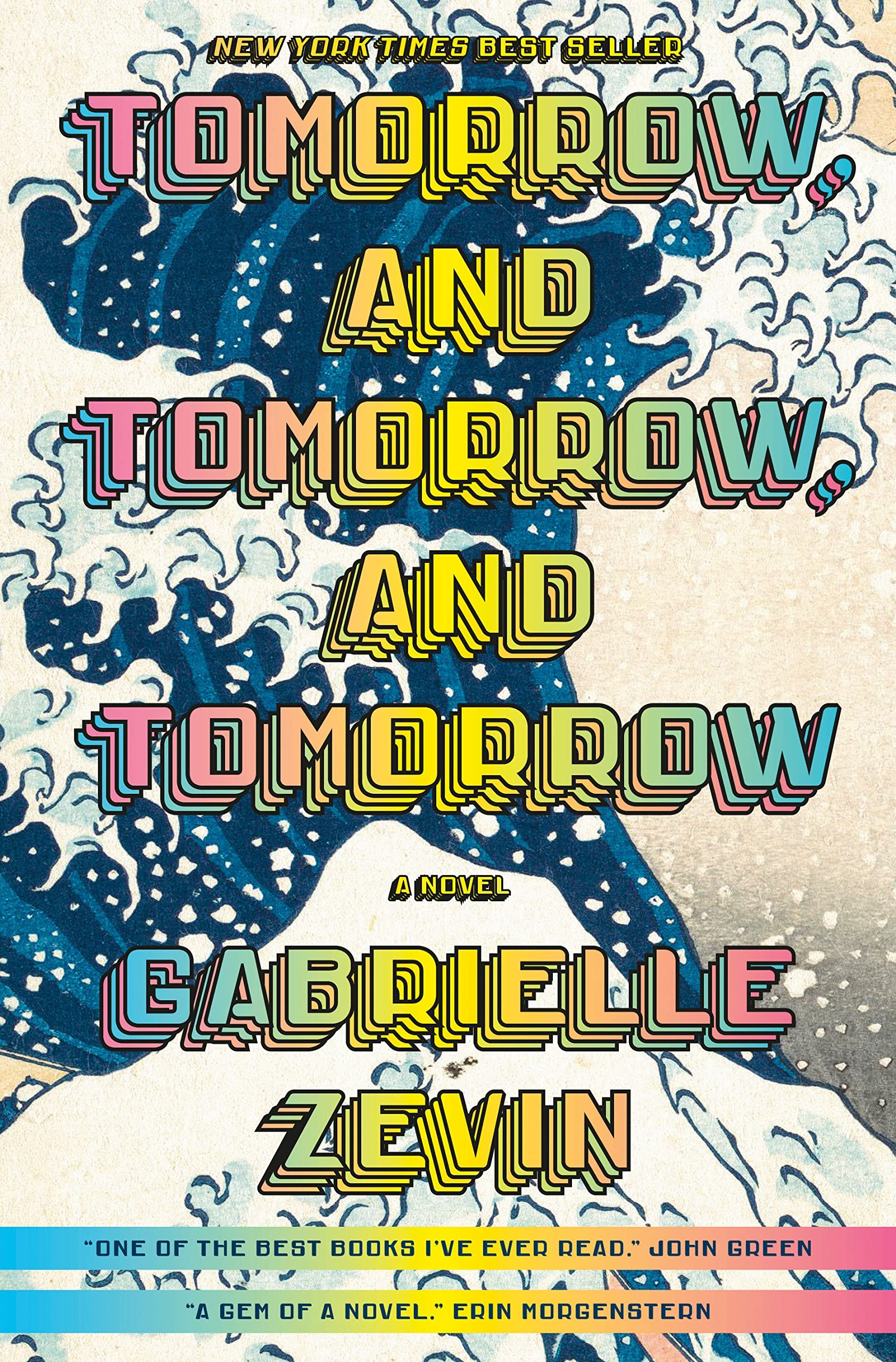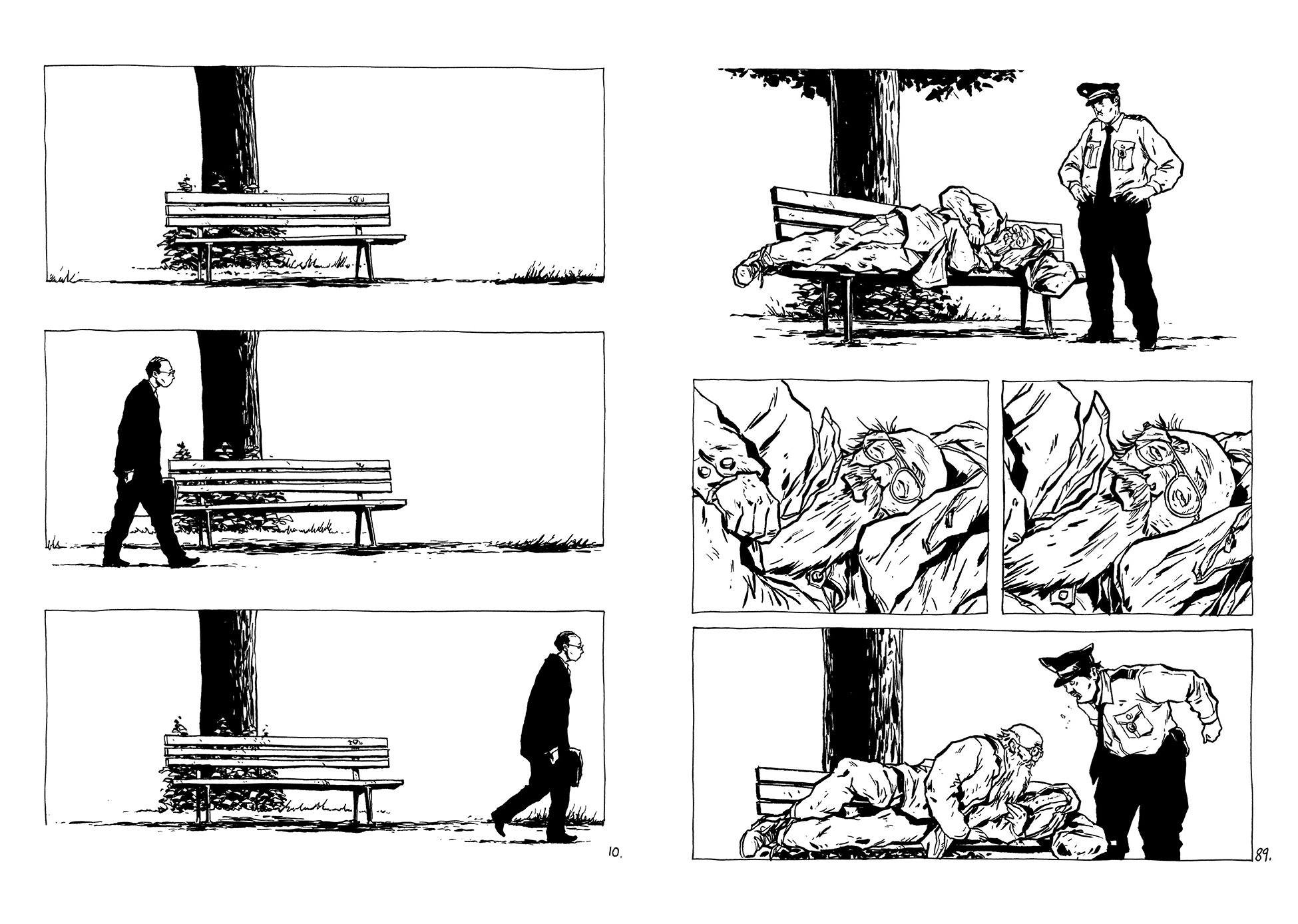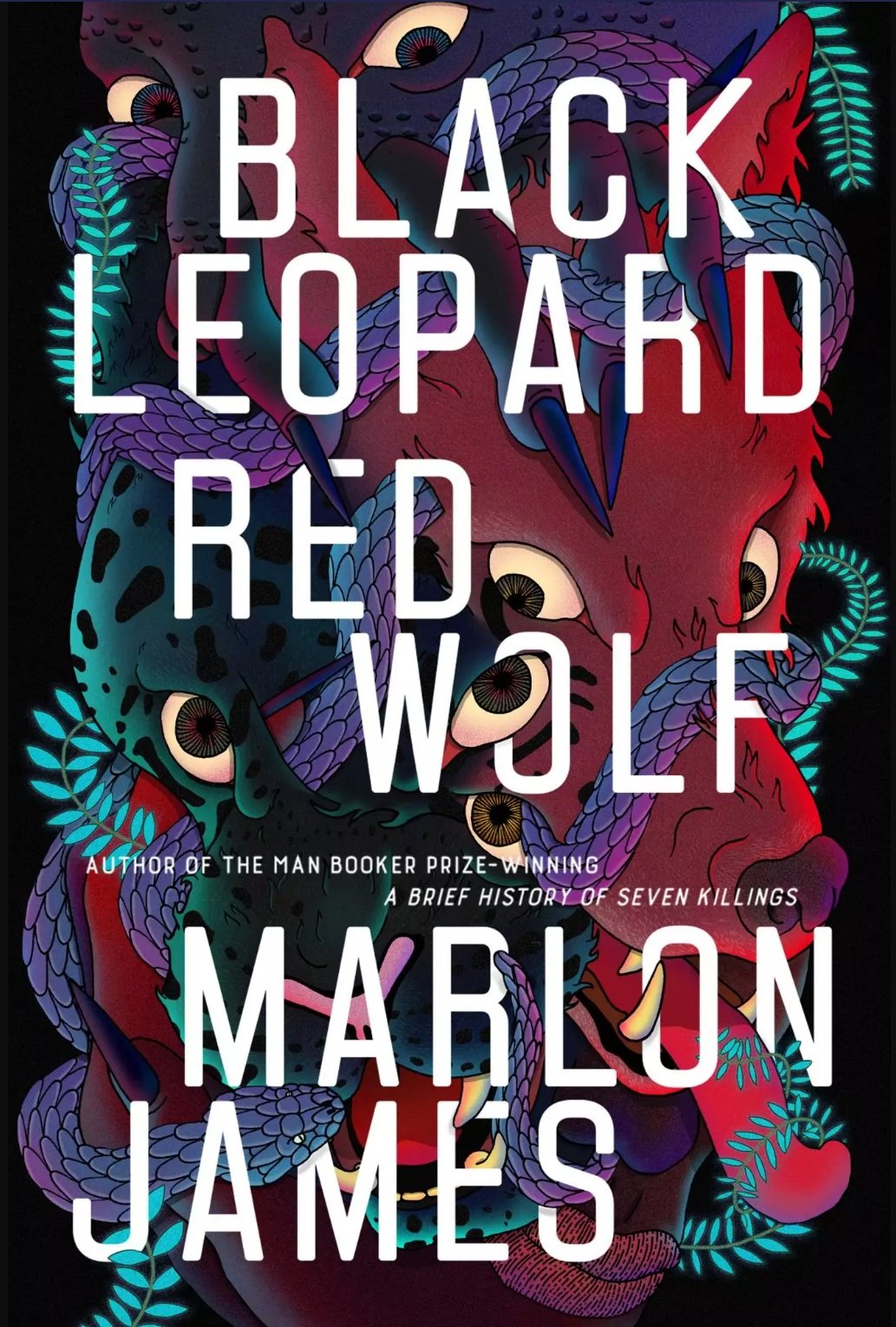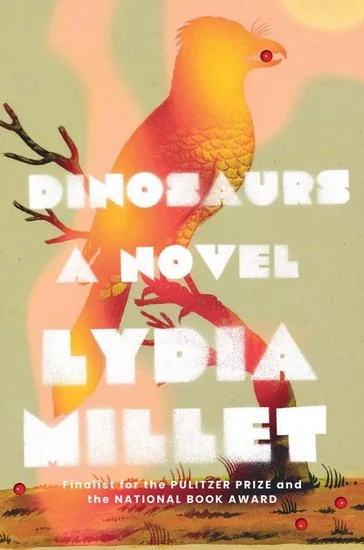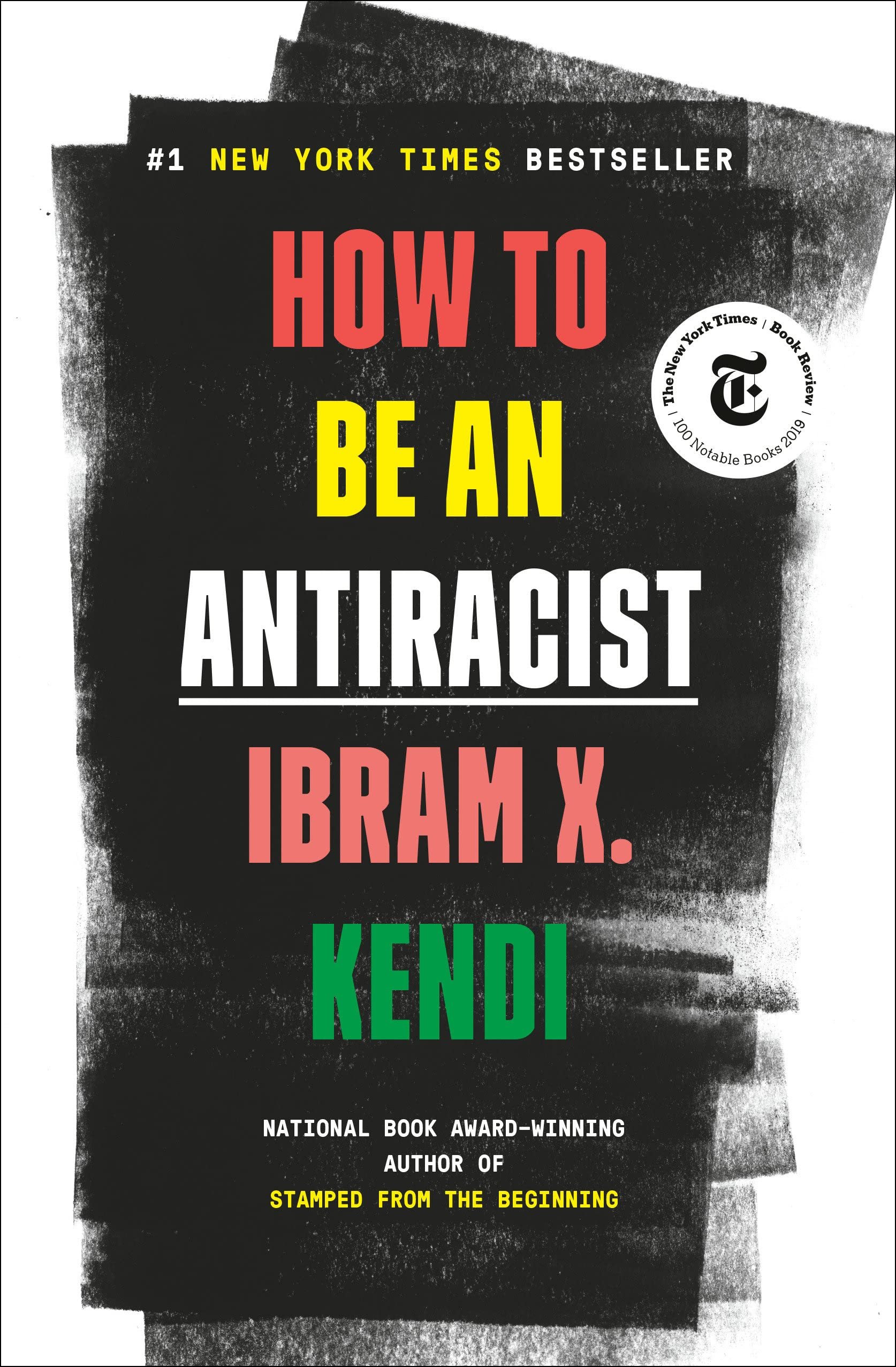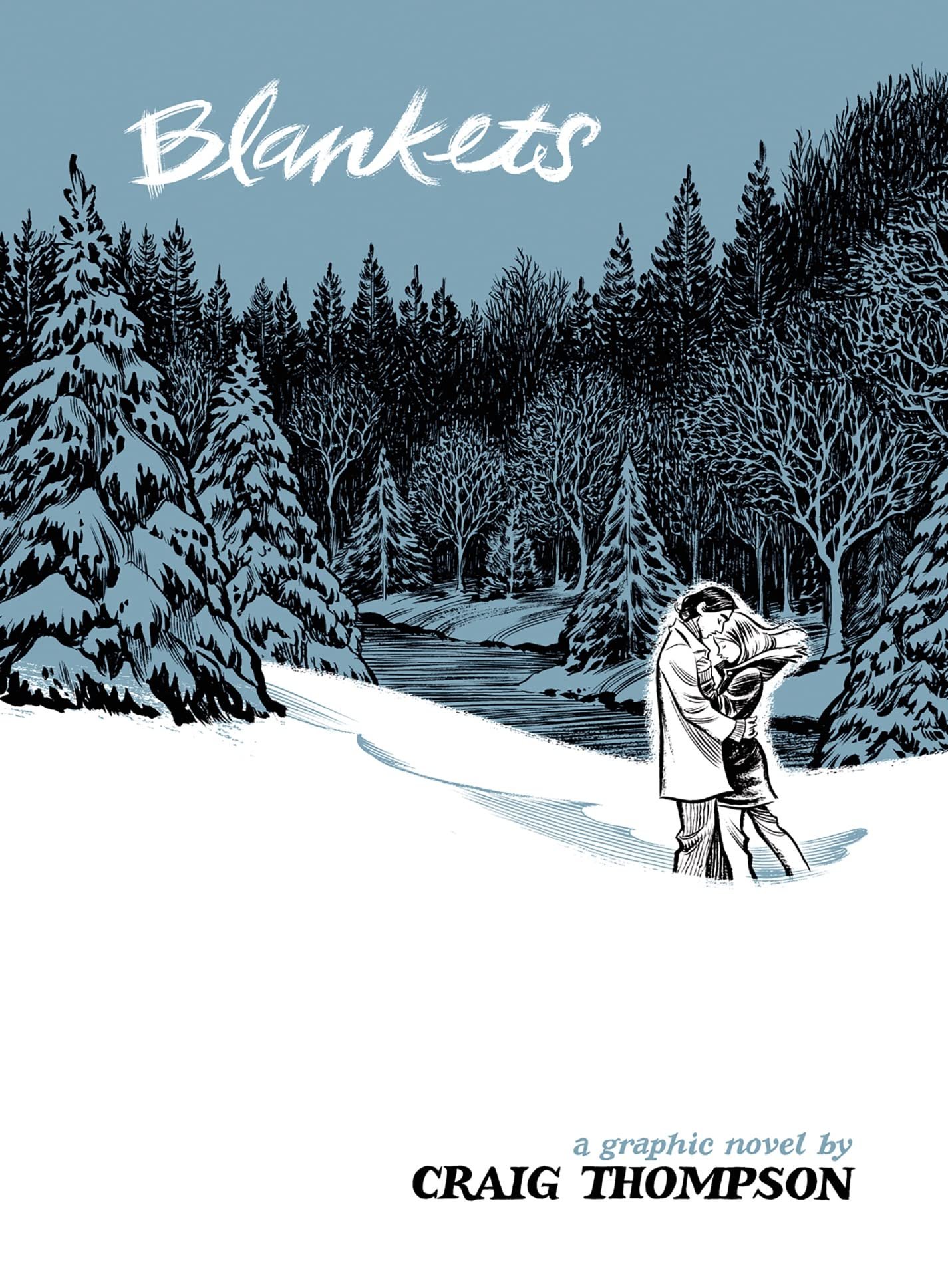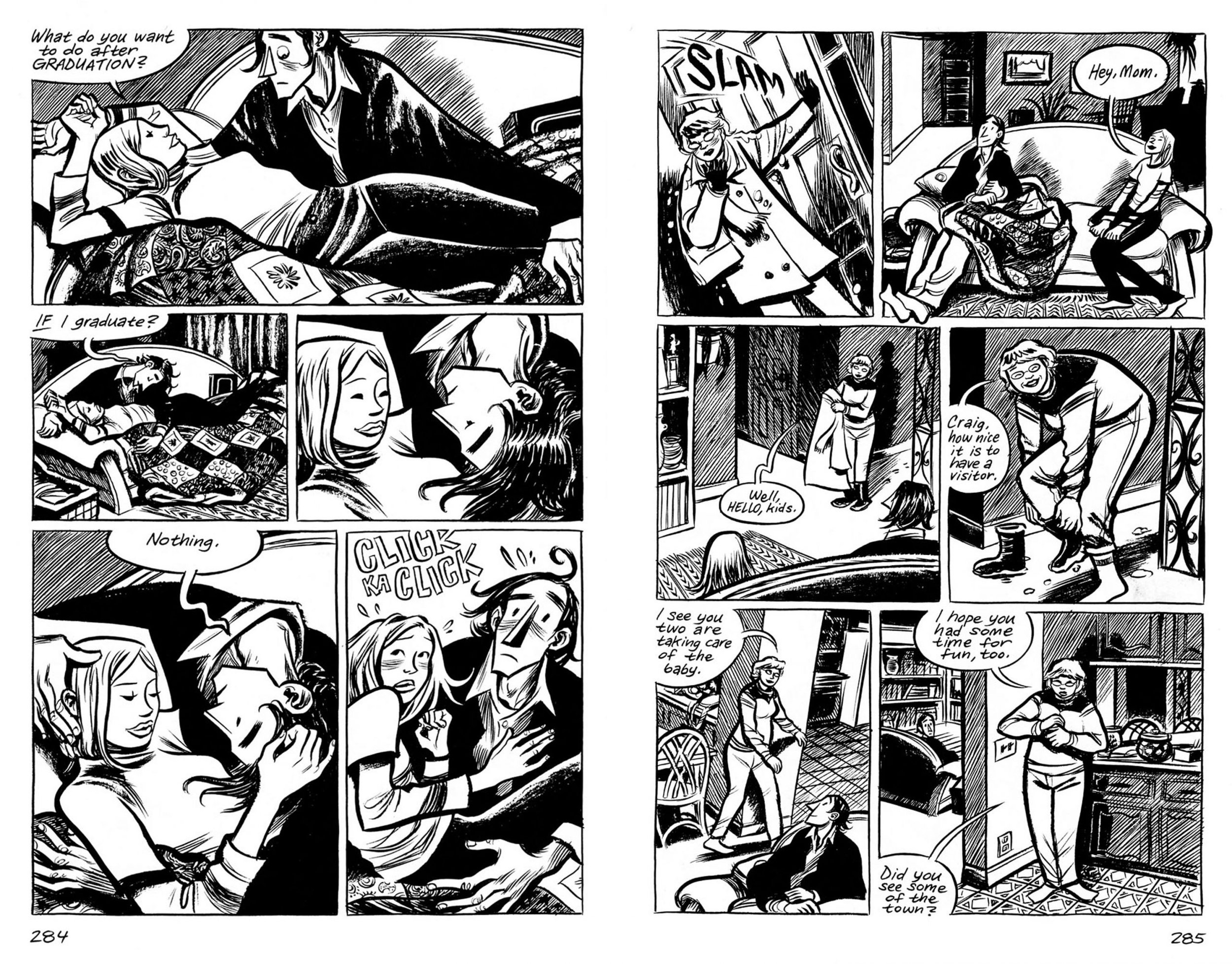Summer reading sounds like the dream, but it’s also hard to squeeze in some pages with all the time spent outside and huffing bbq fumes. Still managed to get some quality reads in though!
Making Comics by Lynda Barry ⭐⭐⭐⭐
I was a bit confused by this book at first. I picked it up and flipped through the first few pages at Drawn & Quarterly and was intrigued by the philosophy behind drawing that Barry took and the academic exploration of the question “How old does someone have to be to make a bad drawing?”. The layout of it looked as if a medieval manuscript was rendered by 14-year-old in 2003 and I knew I needed to know more about this conversation between high and low art. I ordered it at the library to read completely - but was confused when suddenly the academic fix turned into…a class syllabus? I kept going though, and I’m glad I did because it turned into an illustrated class outline with a whole lot of ideas for daily visual journalling, character exercises, and graphic story development. You can use it chronologically as a self-study lecture or you can flip through at random and use it to spice up your personal art practice. I ended up loving it so much that I struggled to give it back to the library in time. I wished I’d had longer so I could try out the exercises she described, but maybe I’ll just have to buy my own copy!
We Measure the Earth with Our Bodies by Tsering Yangzom Lama ⭐⭐⭐
China annexes Tibet and a family is exiled from their homeland along with their community; generation after generation is grafted onto lands that are not their own, each searching for peace and justice while most only find hardship. Though fiction, Lama’s prose was eloquent and full of pain, describing deep truths in the trauma experienced by Tibetans. There were so many moving parts to this story, and for the most part they came together well, expressing the anger, confusion, and disconnect from a culture others have tried to erase. My main struggle was that it felt unfocused. Perhaps this mirrors the uprootedness experienced by Tibetans, but it also made the narrative lag and stall while skipping over sections I wished had been explored more deeply. It had all the ingredients that I normally enjoy - international perspectives, insight into different cultures, politics, history, art, philosophizing about identity - but it didn’t coalesce for me. It focused on a very specific event, and yet from that event came a prism of light casting many narrative paths that were all half-followed, none satisfyingly explored. Compared to The Vanishing Half, which brought together many themes under the umbrella of its main premise, I guess I was expecting more. Ultimately, I wanted to like this more than I did.
Joyful by Ingrid Fetell Lee ⭐⭐⭐⭐
Designer Ingrid Fetell Lee explores the elements that bring us joy and the myriad ways we can include them in our life. I was worried this would be a self-help style book full of platitudes, but it came to me highly recommended. Not only that, her TED Talk on the subject is one of the more memorable ones I’ve seen so I figured I’d give it a shot. Though it did have some moments of “just add bubbles to your life and you’ll feel better”, I was pleasantly surprised to find that Lee did her research and brought in ideas from anthropology, evolution, neuroscience, international histories, and art along with her personal anecdotes to lend her findings credibility. It’s no dissertation, but it certainly gave a lot of fascinating food for thought and has had me being more mindful about the little things. I appreciated her approach not only to multidisciplinary explorations of joy - I particularly enjoyed the architecture section - but also how multicultural her examples were. Given that a lot of the examples came from people in places of privilege, however, I would have liked a little more of an address to the ways such examples of joy could be accessed among varying economic situations. Perhaps this is a bit nitpicky and cynical of me though. Let me go dedicate a drawer to confetti.
Ducks by Kate Beaton ⭐⭐⭐⭐⭐
Spanning her two years spent in Alberta’s oil sands, famous cartoonist Kate Beaton illustrates her experiences with misogyny, isolation, and environmental destruction in her personal quest to pay off crippling student loans. Hark! A Vagrant was one of the first webcomics that I followed, and I was excited to read a full-length graphic novel by Beaton, but oh boy was I not prepared for this emotional rollercoaster (or perhaps “plunge” is a better word since a rollercoaster implies it goes up at points). Not that I expected a book about the oil sands to be a cheerful read, but Beaton doesn’t shy away from communicating some pretty devastating content. Reading it feels like a constant process of being tempered into hard iron, as she must have been while living the experiences. I absolutely loved the vignette-style peeks into different moments. There’s definitely continuity, but the breaks between moments feel like flashes into memory and contribute to the slow grind of the passage of time. The illustrations were simple but the visual narrative of it was persistently compelling. I found myself thinking about it every moment between reads and for long after finishing it. Highly, highly recommend.
Here’s a great interview with the author if you’re interested.
Trigger Warnings: Sexual assault.
Creativity Inc. (The Expanded Edition) by Ed Catmull and Amy Wallace ⭐⭐⭐⭐
Between the fact that this book is by one of the founders of Pixar and the tagline is “Overcoming the Unseen Forces That Stand in the Way of True Inspiration”, I was expecting it to be about the creation process and how artists and writers develop their stories - which it both was and wasn’t. Ed Catmull claims that this isn’t his memoir or even a history of the company, but it functions as both through the lens of a management how-to guide. At first I was a little surprised, maybe even a bit disappointed, but as it progressed, I was fascinated at the perspective it offered at the intersection of technology, creativity, and the evolution of a business from an unsuccessful start-up haemorrhaging money to a company that became such a storytelling powerhouse that it managed to take a flailing Disney Animations Studio under its wing and set it on the right course. I doubt that everything in this book transpired with as much grace and emotional intelligence as Catmull presents, but if every manager organized their business in the way that Catmull suggests, then the world would feel a lot less like an evil corporation and there would be a lot more happy employees. That said, I do wish he’d acknowledged the place of privilege he and Pixar were coming from - even in the early days - and how that affected the organizational liberties that could be put into place. Maybe it doesn’t matter that much since the advice he gives is a broad-strokes approach and therefore much of it can be adapted. I enjoyed reading it in any case, not least of all because I learned so much about the behind-the-scenes on so many of the classic films of my childhood. Beyond that, I’m curious about using some of the perspectives in my own practice - if only to manage myself and my own creation process.
Annihilation by Jeff VanderMeer ⭐⭐⭐⭐
A biologist volunteers for an expedition into the mysterious “Area X” and encounters a sequence of events that has her reevaluate not just the nature of reality, but the reality of nature itself. This is 10000% my kind of science fiction and I loved everything about it from the tone to the point of view to the striking language used to describe an even more striking landscape. I haven’t seen the movie, though from what I understand there are barely any narrative similarities and that makes a lot of sense for something with such a slow burn. The most compelling thing about this novel is in the narrator’s voice: how she observes, the way she assesses her experiences, and the growing distrust in her own perception. It’s the kind of story that can only be told through the medium of literature and I very much appreciated the marriage between form and function. If you like biology, Lovecraftian horror, and POV novels, get on this right now. I can’t wait to dive into the rest of the trilogy.
Trigger Warnings: Violence, body horror, death, allusions to suicide, murder.
And that’s a wrap on July! Thought these reviews were on point? Don’t agree with something I said? Let me know in the comments below! I am but a humble reader whose opinions can’t possibly represent the myriad complexities of these books and would to hear your own thoughts.
Happy reading!
Tags: Fiction, Non-Fiction, Book Reviews, Audiobooks, BIPOC Authors, LGBTQ+, Horror, Sci-Fi, Speculative Fiction, Social Sciences
